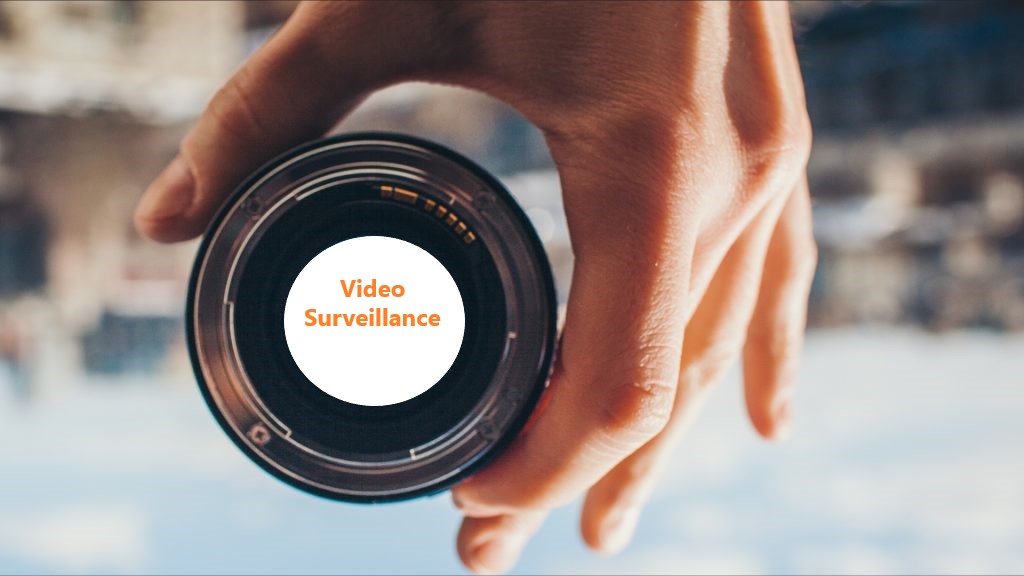
These days it is easier than ever to film somebody on a mobile phone without their knowledge. The legality of such things aren’t always clear to the general public, with some people believing that being filmed without their express knowledge is illegal. While this is somewhat true, it is not this simple.
Australian Laws around Filming in Public
Generally, filming on public premises for personal use is legal, so long as there is no expectation of privacy being observed. If there is an expectation of privacy, such as in a bathroom, toilet or changing space then filming is of course illegal. Filming for commercial purposes may require permission from people within the film and the local council.
Filming on public property varies from filming on private property, where private vendors are allowed to set their own rules regarding your ability to record footage or take photographs. A cinema is a perfect example. It’s a private space, and they have a clear reason to ban that on their premises.
When filming covert surveillance, investigators follow similar rules. When undertaking the video surveillance, the investigator must abide by the law. They cannot breach a person’s privacy by peeking through a window or trespassing onto someone’s property. However, in any public setting, a person is fair game and might be filmed at the supermarket, picking their kids up from school or pottering in their front yard.
When is Covert Surveillance used?
Covert surveillance is often used in personal injury claims by insurance companies in their defence of compensation claims.
Insurance investigators use video surveillance to help assess the veracity of a persons’ compensation claim. For example, if a person making a claim alleges they cannot work but is later caught on film working on a construction site, then the insurance company would use the video to dispute the persons claim.
The insurance company may use video footage to show that a person is exaggerating or making up their injuries, if the film shows a person acting inconsistently with what they have claimed. This type of footage directly impacts on a person’s credit, and if established, can have a ripple effect through their entire claim.
Video Surveillance in Personal Injury Claims
Covert surveillance is not necessarily something you will need to worry about during your personal injury claim. However, it is important to remember that the insurance company of whomever you are claiming compensation from will investigate your claim with an extreme level of scrutiny. Video is one of the ways in which they may do this. You must be careful, cautious, and extremely honest. If any degree of dishonesty is uncovered by investigators, it can have a huge effect on your claim.
Video is only one of the pitfalls for a person making a personal injury claim. You need an experienced personal injury lawyers to advise you on all aspects of your personal injury claim. If you would like some advice on where you stand, please contact us or make an enquiry online.